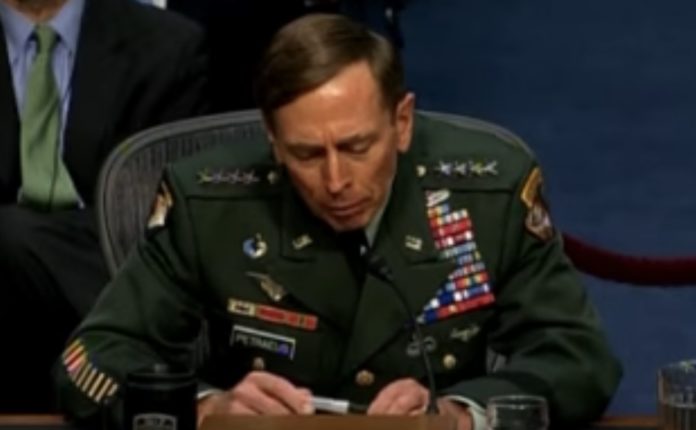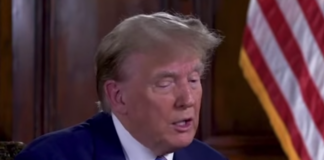OPINION | This article contains opinion. This site is licensed to publish this content.
Retired Army Gen. David Petraeus spoke with Foreign Policy this week about the implications of the U.S. airstrike that killed Iranian Quds Force commander Qassem Soleimani
Petraeus, who was the commander of U.S. forces in Iraq and Afghanistan and former CIA director, said, “It is impossible to overstate the significance of this action.”
“This is much more substantial than the killing of Osama bin Laden. It’s even more substantial than the killing of Baghdadi,” Petraeus added.
Petraeus said, “[Soleimani] was our most significant Iranian adversary during my four years in Iraq, [and] certainly when I was the Central Command commander, and very much so when I was the director of the CIA.”
“He is unquestionably the most significant and important — or was the most significant and important — Iranian figure in the region, the most important architect of the effort by Iran to solidify control of the Shia crescent, and the operational commander of the various initiatives that were part of that effort,” he added.
More from Foreign Policy Interview:
Q: General Petraeus, did you ever interact directly or indirectly with him?
Petraeus: Indirectly. He sent a message to me through the president of Iraq in late March of 2008, during the battle of Basra, when we were supporting the Iraqi army forces that were battling the Shia militias in Basra that were supported, of course, by Qasem Soleimani and the Quds Force. He sent a message through the president that said, “General Petraeus, you should know that I, Qasem Soleimani, control the policy of Iran for Iraq, and also for Syria, Lebanon, Gaza and Afghanistan.”
And the implication of that was, “If you want to deal with Iran to resolve this situation in Basra, you should deal with me, not with the Iranian diplomats.” And his power only grew from that point in time. By the way, I did not — I actually told the president to tell Qasem Soleimani to pound sand.
Q: Would you have recommended this course of action right now?
I’d hesitate to answer that just because I am not privy to the intelligence that was the foundation for the decision, which clearly was, as was announced, this was a defensive action, that Soleimani was going into the country to presumably approve further attacks. Without really being in the inner circle on that, I think it’s very difficult to either second-guess or to even think through what the recommendation might have been.
Again, it is impossible to overstate the significance of this action. This is much more substantial than the killing of Osama bin Laden. It’s even more substantial than the killing of Baghdadi.
Q: Two short questions for what’s next, Gen. Petraeus — US remaining in Iraq, and war with Iran. What’s your best guess?
Petraeus: Well, I think one of the questions is, “What will the diplomatic ramifications of this be?” And again, there have been celebrations in some places in Iraq at the loss of Qasem Soleimani. So, again, there’s no tears being shed in certain parts of the country. And one has to ask what happens in the wake of the killing of the individual who had a veto, virtually, over the leadership of Iraq. What transpires now depends on the calculations of all these different elements. And certainly the US, I would assume, is considering diplomatic initiatives as well, reaching out and saying, “Okay. Does that send a sufficient message of our seriousness? Now, would you like to return to the table?” Or does Iran accelerate the nuclear program, which would, of course, precipitate something further from the United States? Very likely. So lots of calculations here. And I think we’re still very early in the deliberations on all the different ramifications of this very significant action.
!: Do you have confidence in this administration to kind of navigate all those calculations?
Petraeus: Well, I think that this particular episode has been fairly impressively handled. There’s been restraint in some of the communications methods from the White House. The Department of Defense put out, I think, a solid statement. It has taken significant actions, again, to shore up our defenses and our offensive capabilities. The question now, I think, is what is the diplomatic initiative that follows this? What will the State Department and the Secretary of State do now to try to get back to the table and reduce or end the battlefield consequences?






